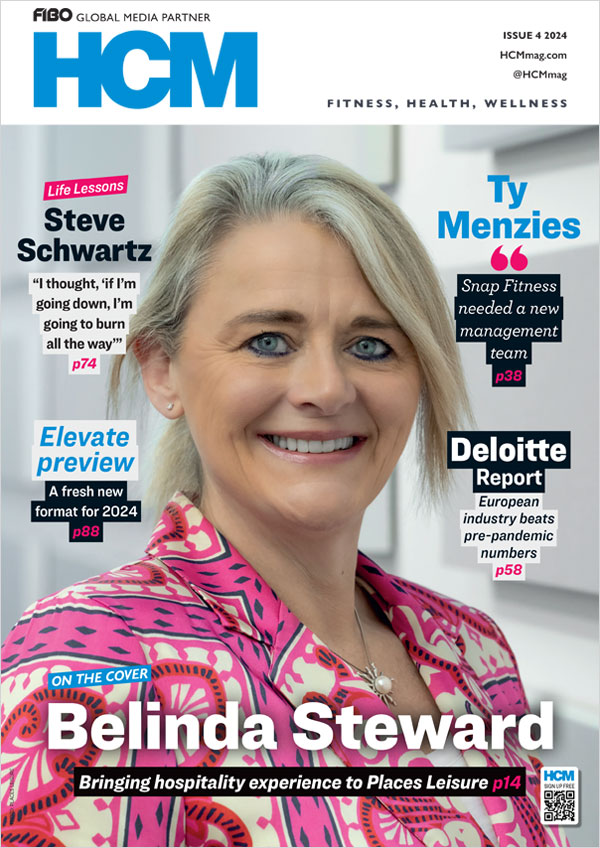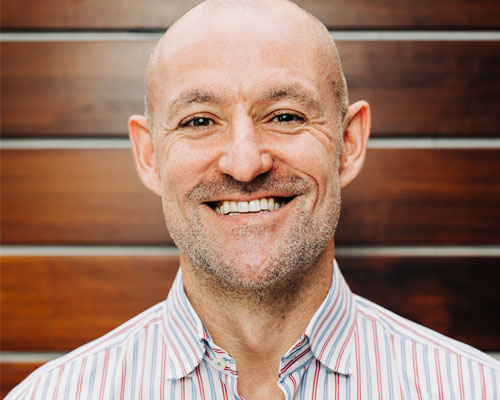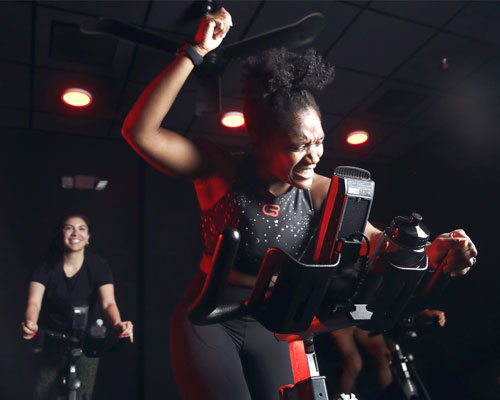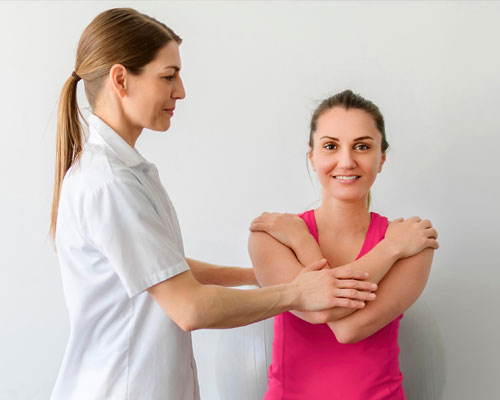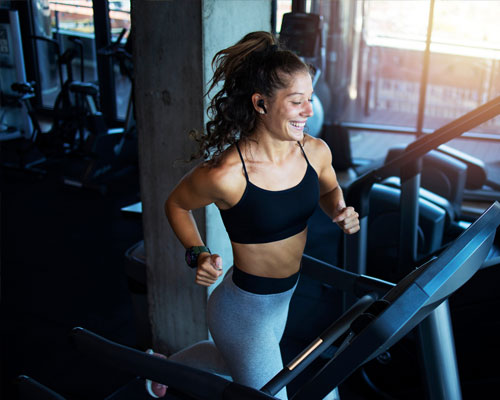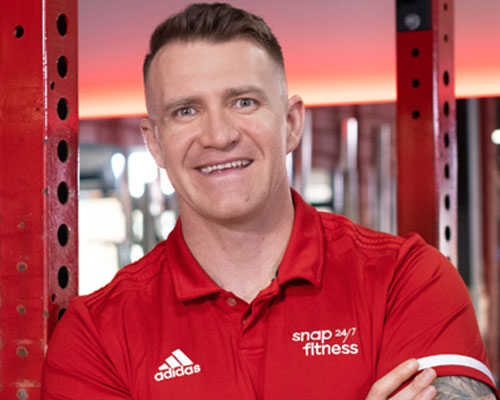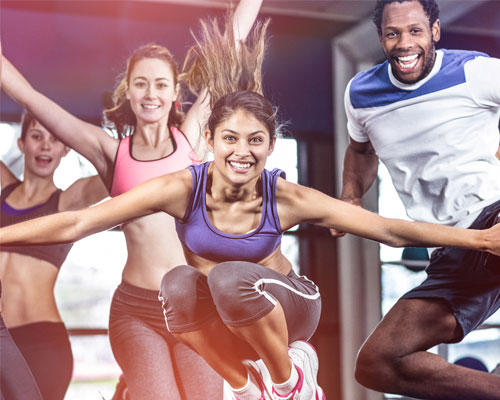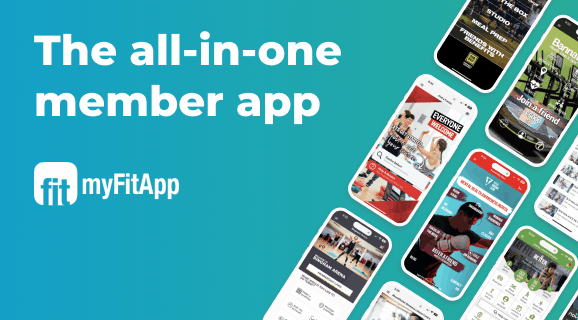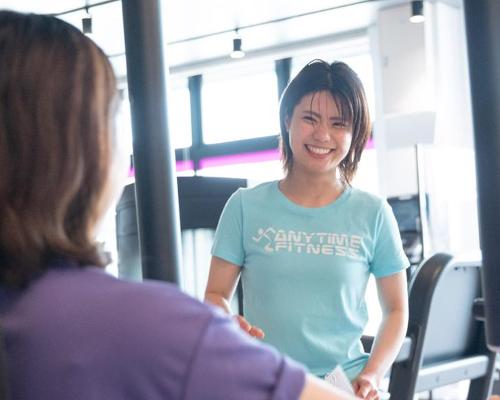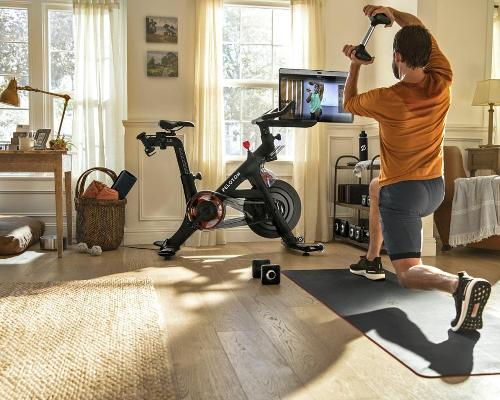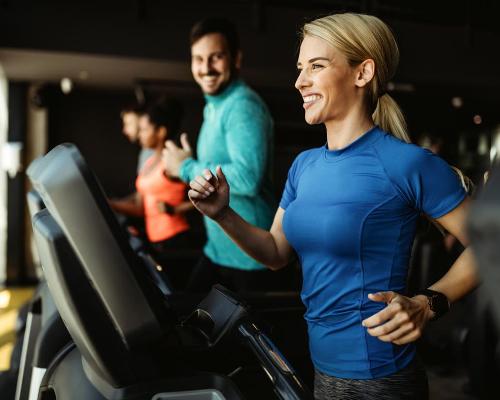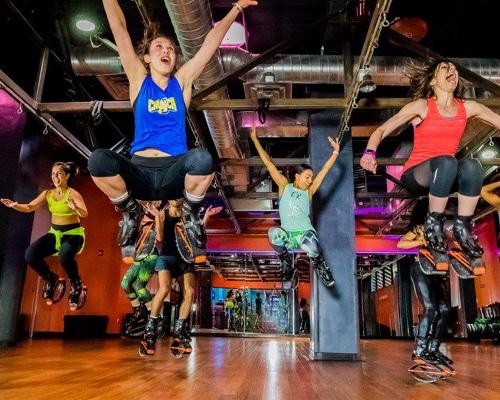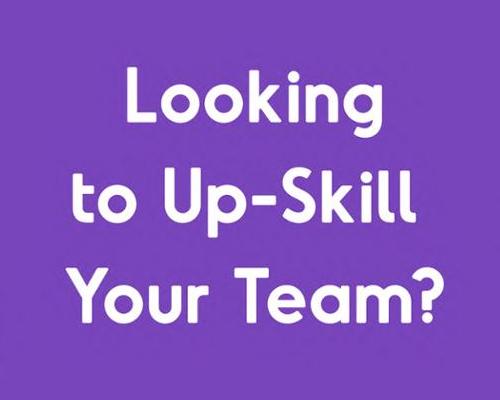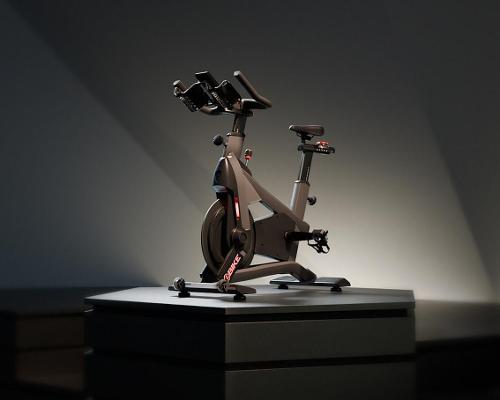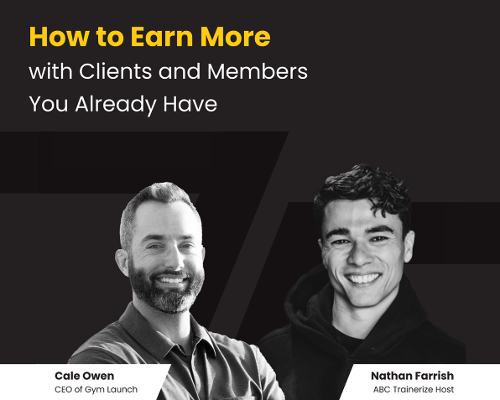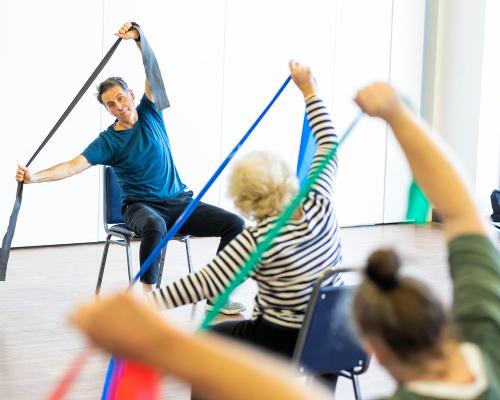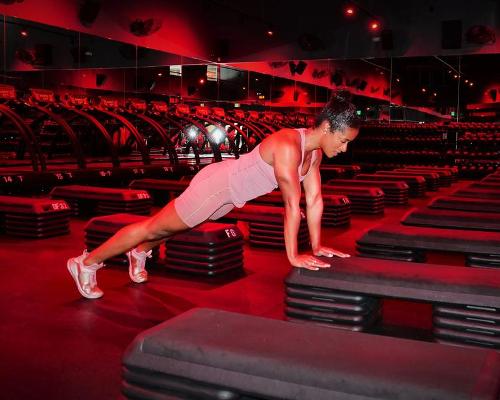features
Insight: Mental wellness
As more people join clubs to support their mental health, fitness professionals need to be empowered to take a holistic approach. Kath Hudson shares useful tools discussed at the ACE summit on mental health
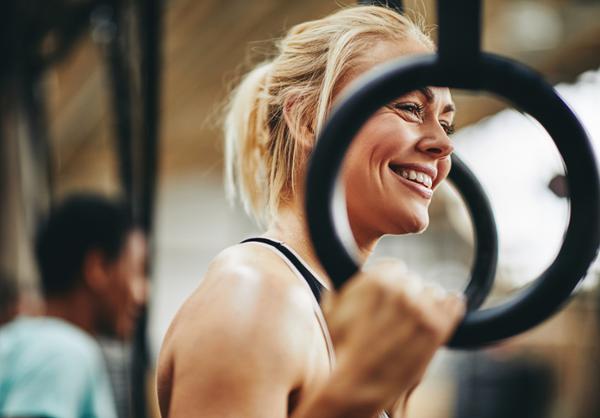
Mental ill health is on the rise around the world, with the World Health Organization reporting that 280 million people globally suffer from depression. However, exercise has been proven to help and for the first time, more people are joining gyms in the US for their mental health than their appearance.
Introducing the ACE Health and Fitness Summit, Dr Sabrena Jo, ACE’s director of science and research emphasised the importance of fitness professionals being able to support these clients, while also acknowledging that support given in health clubs can’t be a replacement for professional mental health care.
Many speakers emphasised the point that fitness professionals should start by incorporating mental health practices into their own lives to support their own holistic health, before using it to support their clients.
• Don’t be judgemental
• Provide a safe and welcoming environment
• Show empathy
• Use active listening skills
• Use motivational interviewing, open-ended questions and smart goals to put together a holistic wellness plan
• Celebrate victories
• Take a holistic approach to programming
• Encourage clients to seek professional support if needed

There is a plethora of research to show how positive movement is for mental health. Physical activity improves neurochemistry (function), neuroplasticity (making new connections) and neurogenesis (making neurons). Regular aerobic exercise also increases the size of the hippocampus – the area of the brain which deals with verbal memory and learning – which otherwise decreases with age.
Exercise ticks all the boxes in positive psychology’s PERMA model of wellbeing: positive emotions, engagement, social relationships, meaning and accomplishment, so when planning a class, aim to make it fun and offer the opportunity for people to get into flow state. Encourage those in the class to interact – smile, make eye contact or learn people’s names. Build in challenges and progression and encourage them to pay attention to how they’re improving, as well as acknowledging how far they’ve come.
To help clients to reach their activity goals, encourage them to plan the week ahead on Sundays, establishing habits and non-negotiables. Choose something they enjoy and remove friction by laying out their yoga mat, or putting their trainers by the door.
Encourage them to move every hour or so throughout the day and to get outside in nature as much as possible.
If the client is unmotivated, encourage them to change their routine: maybe by picking up an activity or sport they used to enjoy, or by trying something brand new. Any exercise is better than nothing and small bouts add up. Although 10,000 steps may seem a daunting target, encourage them to start by doubling their daily step count.
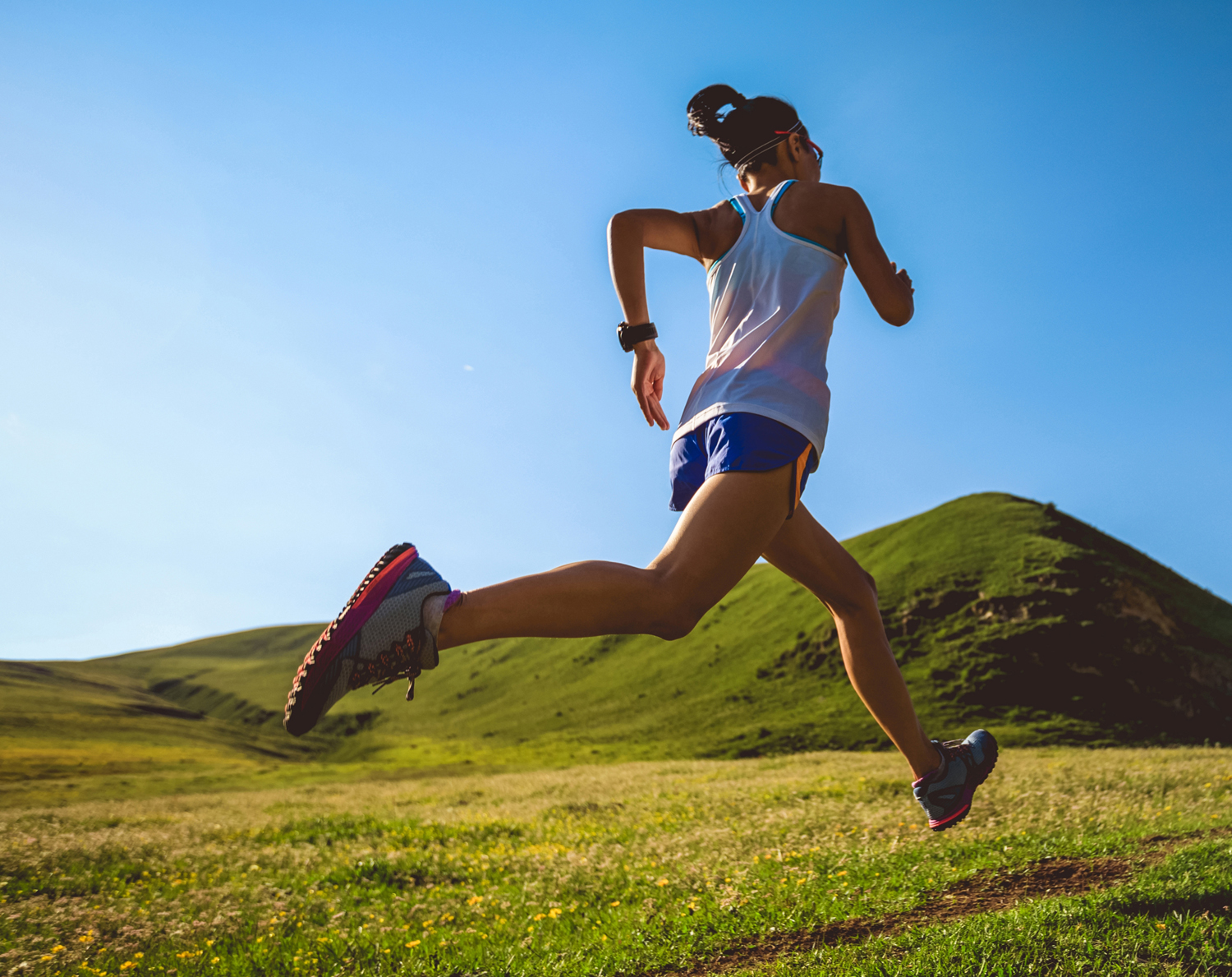
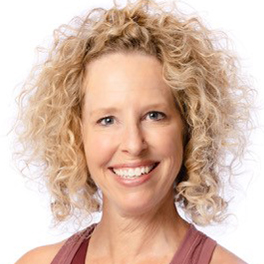
Breathing is one of the few bodily systems we have control over and how we breathe influences the brain-state, so introducing some breathing exercises at the start or end of a class is a great way to educate people on how to regulate their stress levels. Encourage people to bring the breathing exercises into their daily routine, especially when they’re feeling stressed.
One of the common problems impacting so many of us is getting stuck in the fight or flight response when we feel under pressure. Using breathing exercises can move us from the sympathetic nervous system (fight or flight) into the parasympathetic nervous system (rest and digest state) and it’s easy to do.
Balancing breath: while sitting down, breathe in for six and out for six. Scan your body to see if you’re holding tension anywhere, such as the jaw.
Physiological sigh: a simple technique if you are stressed. Take a deep drink of air in through the nose, pause, sip in a bit more, then let it out through the mouth with a long, slow breath.
Box breathing: in for four, hold for four, out for four and hold for four. Do for one to two minutes and notice if thoughts have calmed and the heart rate slowed.
Restorative breath: Close off one nostril with the thumb, breathe in deeply, then close off the opposite nostril and exhale. Repeat evenly with both nostrils.
Recovery breath: inhale for four and exhale for eight. Incorporate this as part of a gratitude practice at the start or end of the day. Think about what you have in your life and what you might want to say yes or no to.


It’s important not to get too involved in advising around the subject of food, which is complicated and frequently has an element of emotion attached, so meal plans should be left to nutritionists or dietitians. However, understanding the basics can be useful.
A diet which is rich in fruit, vegetables, nuts, seeds, legumes, whole proteins (especially chicken and fish) and olive oil has been proven to be most beneficial to mental health.
On the flip side, diets with high intakes of confectionery items, butter, high-fat cheese, added sugars, and low intakes of fresh fruit and vegetables are associated with a higher risk of depressive and anxiety symptoms.
Added sugar can lead to chronic inflammation, increased blood pressure and can have an impact on depression, anxiety and the immune system. It’s also best to avoid ultra-processed foods.
The body loves Omega fatty acids, especially Omega 3 – from fish and vegetable oils – which is important for brain function and to reduce inflammation. Most people don’t get enough Omegas in their diet, which is where supplements shine, but stick to the daily dose recommendations for all supplements, as taking too much can also be problematic, as over-nourishment brings its own problems. The Omegas (3,6,7 and 9) need to be consumed in the correct proportions.
There’s increasing research about how important gut health is for mental health, as the brain and gut communicate. Gut microbiota – the beneficial bacteria living in the digestive tract – play an important role in this. We all host thousands of species and our microbiomes are as unique as our fingerprints.
Good mental health is correlated with a diverse microbiome and people suffering from depression tend to have a less rich microbiota. Fibre, from the exterior wall of plant cells, is the preferred habitat of gut bacteria.


Although it often slips into the background of other fitness goals, sleep is vital for our overall wellbeing and mental health.
Less sleep quality and quantity can reduce oxygenation to the brain, leading to reduced activity in the prefrontal cortex, which is responsible for executive function such as memory and impulse control. It also leads to reduced activity in the hippocampus; higher levels of amyloid plaque leading to neurodegeneration and a higher risk of Alzheimer’s. Additionally lack of sleep impacts the glymphatic system – the brain’s waste clearance system.
Adults need between seven and nine hours of sleep a night, but adding more hours is not necessarily better, it’s the quality of sleep which has been shown to drive the mental health outcomes. We need to spend time every night in each of the five stages of sleep.
In order to improve sleep, there are a few important recommendations: avoid fast brain wave activity for a couple of hours before bed, for example social media or watching the news. Environmental factors play their part: sound and light levels, temperature, people and pets. Alcohol, caffeine, hydration levels, medication and supplements all impact sleep quality.
Exercise is important, but not too close to bedtime. Napping can reduce sleep drive and stimulants such as caffeine can mask tiredness. Nutrition is important, as is managing stress levels, so a good night’s sleep really is impacted by how one spends the day.


Studies show consumers have changed. They’re now more focused on preventative health, their relationships with other people and how they feel about themselves. They’re seeking happiness and peace and looking to decrease their anxiety and stress. This is more important than their weight, how they look or material success.
According to the Centre for Disease Control, loneliness and social isolation can be as detrimental to our health as smoking and obesity, potentially leading to depression, anxiety, stroke and dementia. Conversely, being socially connected positively impacts longevity and self-esteem, makes us more collaborative, trusting and emotionally intelligent as individuals, as well as more conscious of the power of our actions, behaviours and words.
As consumers’ goals are changing, the fitness industry can make a huge impact. While staying within their scope of practice, fitness professionals should look to incorporate the following into their own lives and then into their work with clients:
• Self care has become a buzzword, but it’s human nature to prioritise others at the detriment of ourselves. Seven out of 10 people say they know they need to self-care but often neglect it. We all need to claim time for ourselves to prevent burnout, so look after yourself and also talk to your members and clients about how self-care might look for them.
• Mindfulness is a wonderful tool to combat stress and even five minutes a day is beneficial. This could take the form of meditation and breathing exercises at the start or end of a class.
• Think about how you can create social connections and community among your clients. This could be encouraging interaction within classes, or looking for opportunities to expand beyond that, such as wellness retreats, workshops, fun events, hikes, or bike rides.
• People can get overwhelmed when changing behaviours, so take it one step at a time and make it simple. For example, if they need to eat more vegetables, just add one more vegetable to their dinner menu each week and encourage them to associate a positive feeling with the action to keep them motivated.
• Progress isn’t linear and if they take two steps back, reassure them that they haven’t failed. Some say it takes 66 days for an action to become a habit, then you can focus on the next change. l

